The way I am responding to invitations by TV stations for news segment appearances about Africa, I fear I may soon be blacklisted and the invites will dry up.
1
Dear Professor Adesanmi, there is an ongoing incident in Somalia and we would like to have you on at 7 pm blah blah blah...
I reply that I am indeed able to comment on the tragedy - not the incident - that had happened that day in Somalia. However, will the conversation allow me to mention the strides Rwanda is making in the education sector? No response.
End of Conversation.
2
Dear Professor Adesanmi, there have been reports of a monkeypox outbreak in Nigeria and we were wondering if you would be available to come on air...
I reply that I am indeed able to make the appearance. However, the President of the African Development Bank, a Nigerian, has just won the World Food Prize. Any chance our conversation could extend to that issue? No response.
End of Conversation.
3
Now there is another invitation to come on national television this evening and discuss Mugabe's appointment as a goodwill ambassador by WHO. Now, I don't like Mugabe but the email I am reading says that the appointment is "being heavily criticized by the whole world" and every sentence of the invitation expects me to come on air and rubber stamp this critique. The whole world here, of course, means the West. I am likely going to reply that I have a more nuanced understanding of "the whole world" and I do not like it when TV stations prepackage Africa and invite me to legitimize a particular slant. I will also offer to discuss Ghana's remarkable recovery from power cuts.
You could say I should just go on air and stylishly veer into the things I want and need to discuss Africa. Last time I tried it, the news anchor brutally cut me off.
That is why I wrote that viral piece asking that freaking continent to develop at least one global information brand that could tell her stories at the level of CNN, BBC, Al-Jazeera, etc.
How can an entire continent not have something close to Al-Jazeera for her own stories at the international level? SABC in South Africa is a local champion deluding herself that she is a brand beyond SA, Ghana, Nigeria and a few other countries. Nigeria's NTA International is a disgrace and an embarrassment. Not a single global information giant, owned by the continent, that could power our stories from our manifold viewpoints.
Do you know that four Nigerien soldiers were killed and eight wounded in the attacks that killed four US soldiers in Niger? Try to ask Google about how many Nigerien and African lives were lost in that attack and Google will send you the first 15 pages about four US soldiers killed. Not a single mention of the African casualties.
Do you know that when that Somalia tragedy happened and we lost that many numbers of African lives, CNN was showing stories of courageous dogs that escaped the California wildfires?
And look at Anthony Bourdain and the rubbish he went to do in Lagos. Next, he will fly to Kibera and scream: this is Nairobi!
That freaking continent must stop the feeding bottle mentality of expecting the enemy to tell her story. The enemy doesn't owe you jack! Get your freaking act together and develop at least one global information brand for your stories.
End of Conversation.
Pius Adesanmi, an acclaimed literary and cultural critic, was born in Nigeria and now lives in Ottawa, Canada, where he teaches literature and African studies at Carleton University. He is one of Nigeria's major intellectuals and writes two weekly columns for the influential Sahara Reporters and NEXT newspaper. His first book, The Wayfarer and Other Poems, won the Association of Nigerian Authors' Poetry Prize in 2001.
















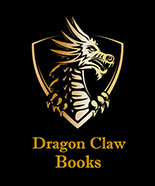



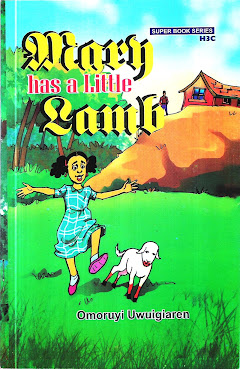
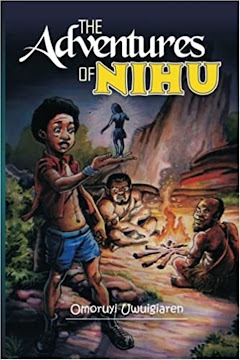


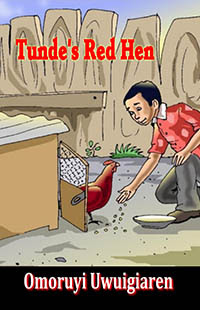
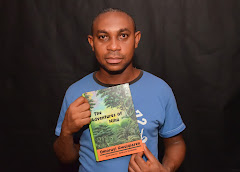
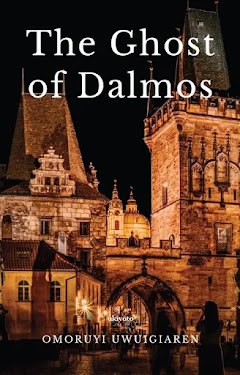


































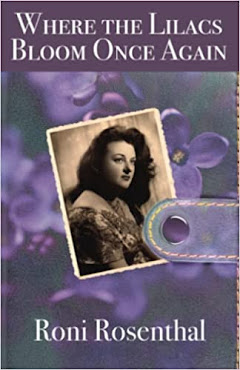
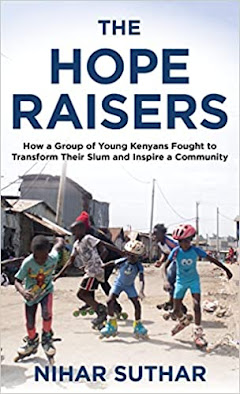


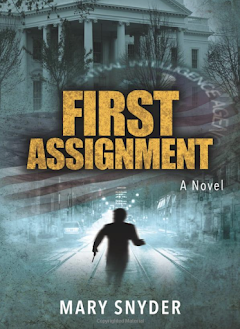

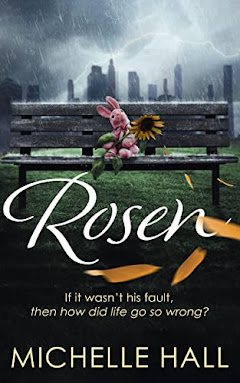

















































No comments:
Post a Comment